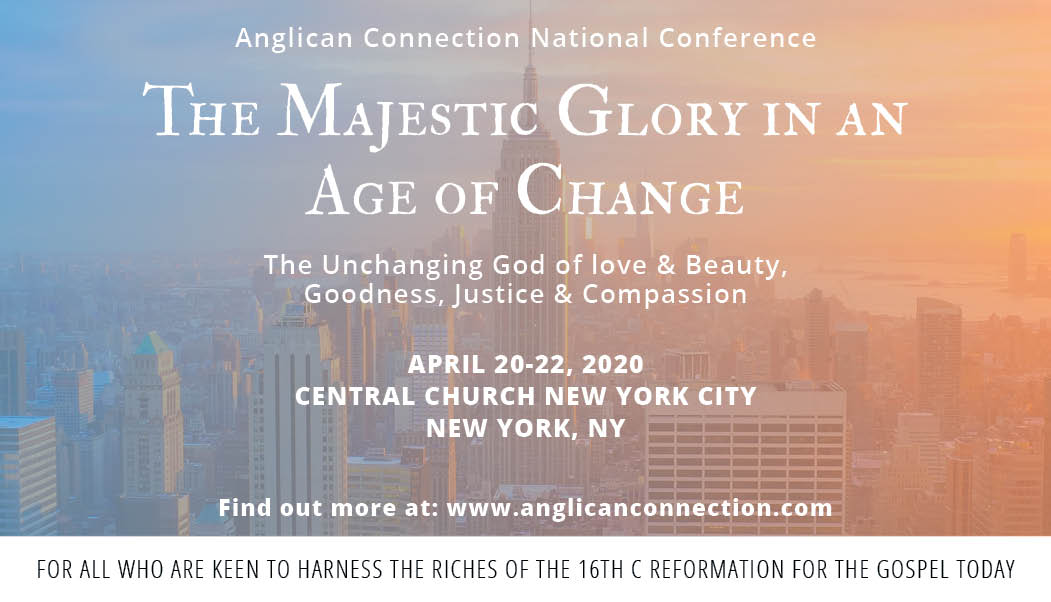
‘Goodness…’ Coffee Suggestion #4
Back in the nineteen-sixties the Beatles sang: “All you need is love …” The problem is, as the 60s generation discovered, it’s one thing to sing about love but quite another to live it. People talk about the need for ‘love’ in the world today, yet everywhere we see the outcomes of humanity’s failure to love – and not least in the terrorist attacks carried out in the USA eighteen years ago today. Yet love and its true practice lie at the very heart of genuine Christianity.
On one occasion a lawyer asked Jesus: ‘What must I do to inherit eternal life?” (Luke 10:25) It was a good question, but Luke tells us the lawyer’s intention was to test Jesus. It was a ‘Gotcha’ question. Jesus knew this but he didn’t miss a beat as he responded with a question of his own: “You know the law. How do you read it?”
In reply the lawyer quoted: “Love the Lord your God with all your heart mind soul and strength,” and “Love your neighbor as yourself”. These two verses are found in the Old Testament, but not in the same Book. The first is from Deuteronomy 6:4, the second from Leviticus 19:18.
The rabbis of Jesus’ day rightly understood that these two commands distil the law of love. And indeed, Jesus’ responded with: ‘Correct. Do this and you will live.’ There the conversation could have concluded.
Which brings me to a suggested fourth coffee conversation with your friend(s).
Having touched on questions of ‘authenticity’, ‘Christmas’ and ‘transcendence’ over three conversations, it’s worth focusing on this fascinating exchange between a lawyer/theologian and Jesus (Luke 10:25-37). But first, don’t forget to ask your friend(s) if they have any questions about Luke chapters 7-10. (If you don’t know the answers, say so, and speak with your minister; or you may want to check out my book, Luke: An Unexpected God – Aquila: 2019, 2nd Edition)
Hearing Jesus’ commendation: “Do this and you will live,” the lawyer wasn’t happy. His plan to upstage Jesus hadn’t worked. So, lawyer-like he asked Jesus to define ‘neighbor’.
The story that unfolded that day and the flow of the questions around it, were important then, as they are today. Most people, if they believe in an afterlife, think they can attain it by their own efforts.
Knowing that he needed to puncture the mask of the lawyer’s self-satisfaction, Jesus told a story: “A certain man was traveling from Jerusalem to Jericho when he fell into the hands of robbers. They stripped him of his clothes, beat him and went away, leaving him half dead…”
These opening lines would have drawn Jesus’ hearers into a scene they understood – a traveler on a road notorious for bandits. And the unfolding story would have resonated – a priest and a Levite seeing the unconscious man and asking themselves whether the man was a ‘neighbor’, requiring their attention.
But the priest and the Levite didn’t feel the need to stop and help. They may have thought, ‘I didn’t beat up this man and leave him for dead. It’s nothing to do with me.’
Many of us can think this way today, turning God’s positive command to love our neighbor into a passive form: ‘I haven’t done anyone any harm; I haven’t killed or defrauded anyone; I haven’t cheated on my spouse. I must have kept the law of love’.
“Who is my neighbor?” the lawyer had asked. Jesus’ hearers would have expected him to introduce a godly Jewish layman. Instead, a Samaritan is introduced – not only an unexpected figure, but a hated one (10:33-35).
Yet it was the Samaritan who showed compassion, applying first aid and sacrificing a month’s wages to cover the cost of the man’s recovery. He did everything in his power to aid this unknown, unidentifiable, possibly Jewish man. “Which of these three,” Jesus asked, “proved to be neighbor to the man in need?” (10:36)
By turning the lawyer’s question around, Jesus invited him to put himself into the place of the victim. He was challenging the lawyer to think about the way he defined and practiced neighbor love.
“The one who showed mercy,” the lawyer responded. He couldn’t say, ‘the Samaritan’. Yet his word mercy suggests that Jesus had at least begun to change the lawyer’s thinking: he needed to understand and practice neighbor love from a victim’s perspective.
“You go and you do likewise” – ‘if you can’, Jesus commanded (10:37b). The personal pronoun you is singular, making Jesus’ words personal and challenging. God’s law of neighbor love means we need to care for anyone in need when it is in our ability and wise to do so.
Over the centuries the model of the Good Samaritan has set a pattern for compassion and care. God’s people especially have been involved, positively, sacrificially, joyfully, assisting people in pain – the hungry, the lonely and the elderly, the victims of abuse and of injustice, unemployment and poverty.
But this was not the primary reason Jesus told this story. “Who is my neighbor?” was the lawyer’s second question, refining his first: “What must I do to inherit eternal life?”
‘Do?’ Jesus is saying, ‘you can’t do anything about your eternal state because you don’t keep God’s law. Your life is not good enough.’ The parable of the Good Samaritan reveals how morally bankrupt we all are. If we truly kept God’s law the gates into eternal life would be open to us. But we all fall short.
Consider the lawyer’s first question, “What must I do to inherit… ?” We inherit something, not because of what we have done, but because we are beneficiaries of someone with whom we had enjoyed a relationship and who had subsequently died.
As Luke’s Gospel unfolds we see that Jesus is not only transcendent: he is also wonderfully good. For he is the ‘Good Samaritan’ who out of his ‘neighbor love’ for us has stepped out of his story and done everything necessary to rescue and restore us. When, in response to his love for us, we form a truly repentant relationship with him, we become his beneficiaries.
You might suggest to your coffee conversationalist(s) that they read on through Luke 11-15.


